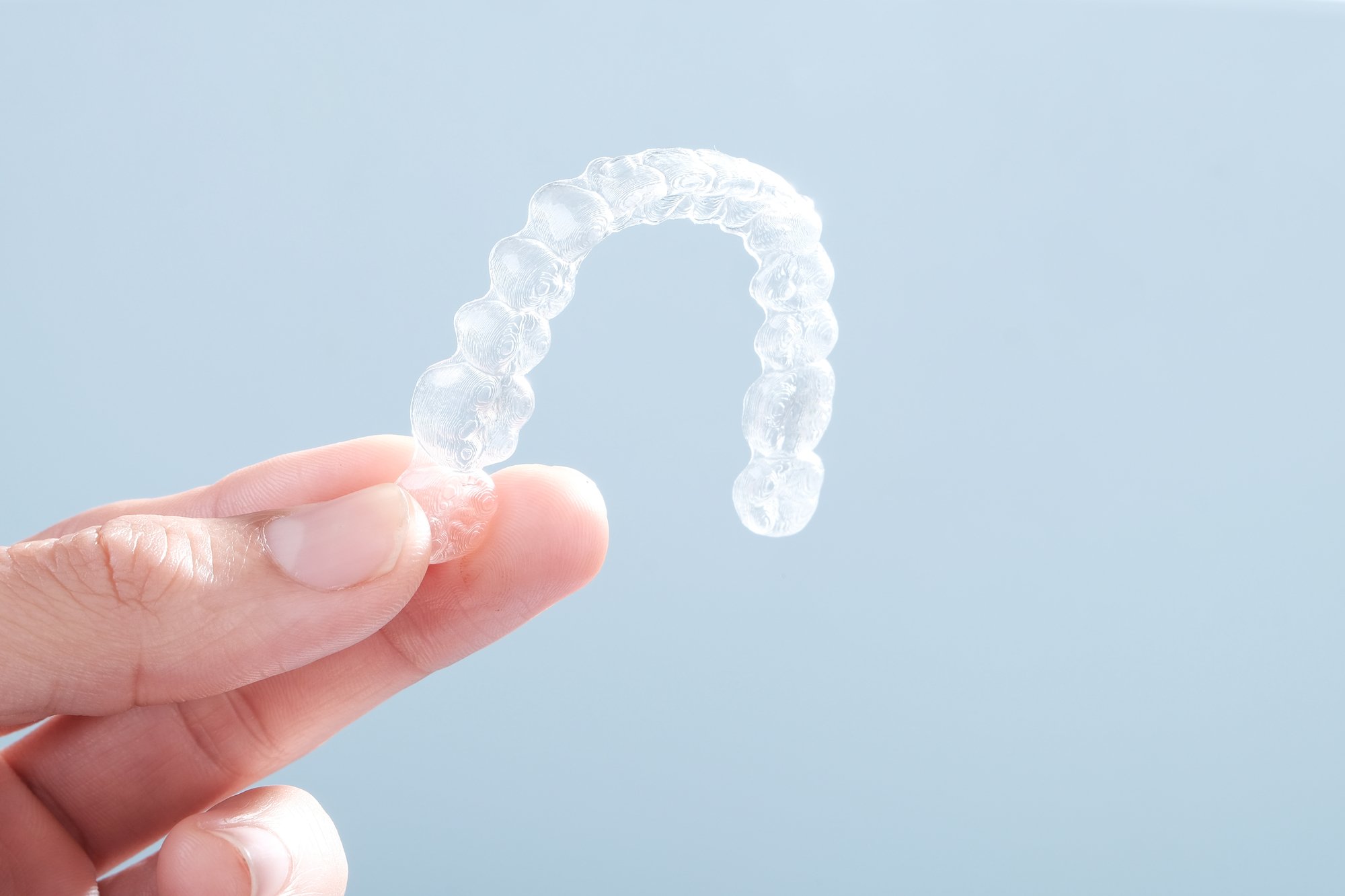
When it comes to braces, most patients are ecstatic to hear that Invisalign clear aligners are an option. Traditional metal braces don’t usually sound quite as appealing. However, clear aligners aren’t right for everyone. Continue reading to learn about the advantages and disadvantages of choosing Invisalign clear aligners.
Benefits of Invisalign
Most patients are drawn to Invisalign because of their discreet appearance because they can achieve a beautiful smile without having to deal with metal brackets on their teeth. This is especially true for our adult patients who don’t want braces to make them look or feel like they are in junior high again.
While this is the most obvious benefit, Invisalign also offers:
Comfort
When clear aligners fit properly, they tend to be much more comfortable than metal braces. Many patients with traditional metal braces complain about brackets and wires rubbing against their gums and cheeks throughout the day. Not only is this painful and irritating, but it can be a distraction from school, work, and other tasks throughout the day.
Invisalign clear aligners are made from a smooth, flexible plastic that won’t irritate the gums or cheeks.
Freedom
Although it is important to wear the aligners for at least 22 hours a day, patients have the freedom to remove their Invisalign trays while eating, to give a speech or presentation, and while brushing their teeth. This benefit is unique to clear aligners and one of the main reasons so many patients chose them as their orthodontic option.
Simple Maintenance
Caring for traditional braces can be difficult because brushing and flossing require more a little more effort and maybe even some new tools. With Invisalign, you can keep your same toothbrush and floss because the aligner can be removed while brushing.
To keep your aligner clean, you will need a special cleaner recommended by your dentist. We also recommend that patients brush after each meal, before replacing their Invisalign tray, to inhibit bacterial growth.
Quick Results
While it’s true that no two treatment plans are alike, most patients can expect to wear their Invisalign trays for between 6 and 18 months.
Drawbacks of Invisalign
Because Invisalign requires patients to wear several different trays throughout treatment, the cost is significantly more expensive than traditional metal braces. Traditional braces cost between $5,000 and $6,000 on average. Invisalign can cost up to $8,000. However, every treatment plan is different. So be sure to ask your dentist for a quote.
Clear aligners also require more responsibility and self-control from the patient. We only recommend Invisalign to older teens and adults for this reason. It’s imperative that patients keep up with their aligners so that they don’t have to be replaced, making their cost higher and treatment time longer.
When an Invisalign tray doesn’t fit perfectly, it may cause some pain or discomfort to the gums and cheeks. If this happens, be sure to contact your dentist immediately to have a new tray created.
Invisalign Dentist in Woolgoolga
Invisalign clear aligners can help patients with all types of orthodontic needs. If you’re ready to begin the journey to a perfectly aligned, beautiful smile, call our friendly dental team today at (02) 6654-0650. Our expert dentists are prepared to help you achieve the smile of your dreams through compassionate dental care.

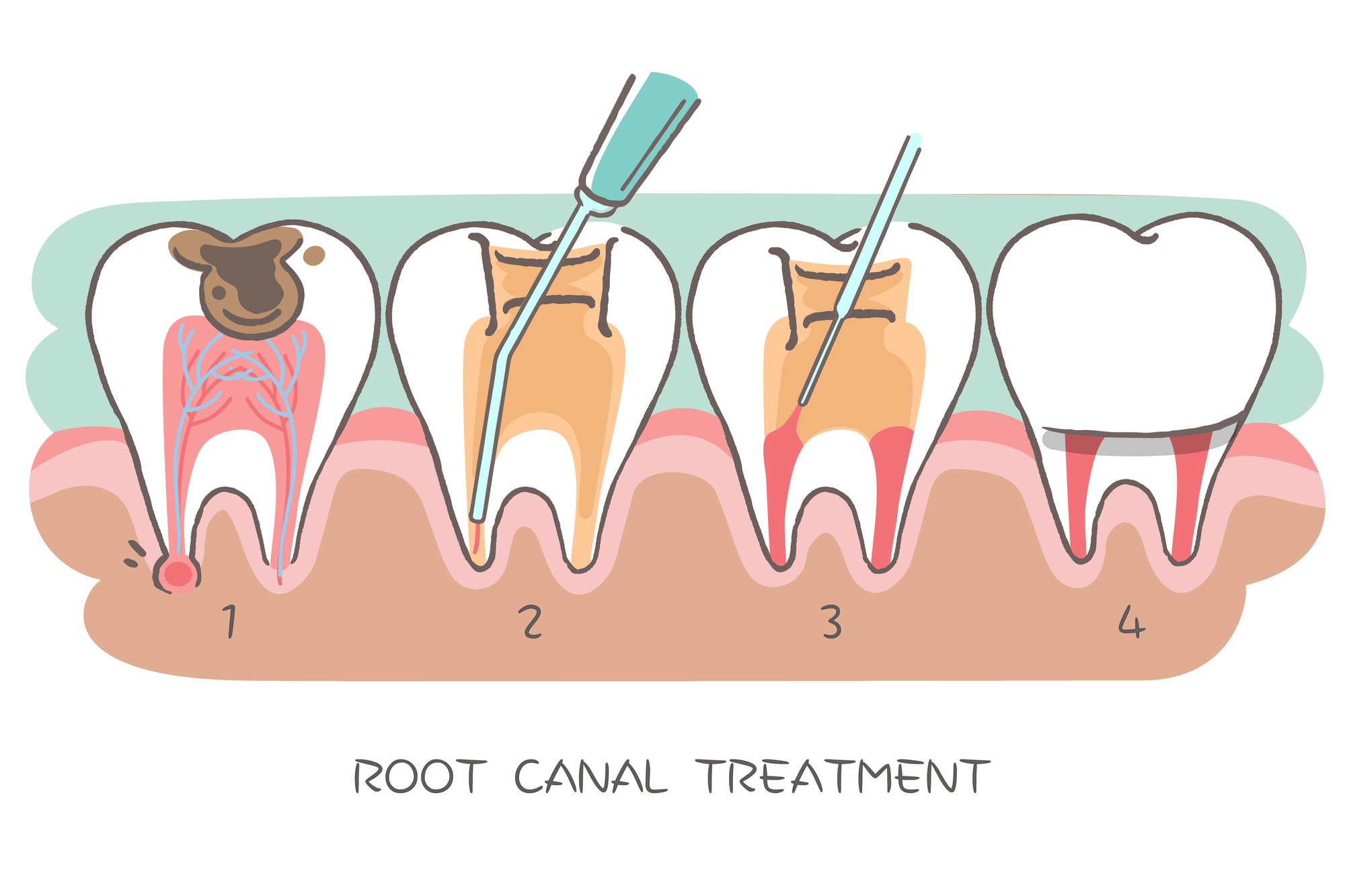
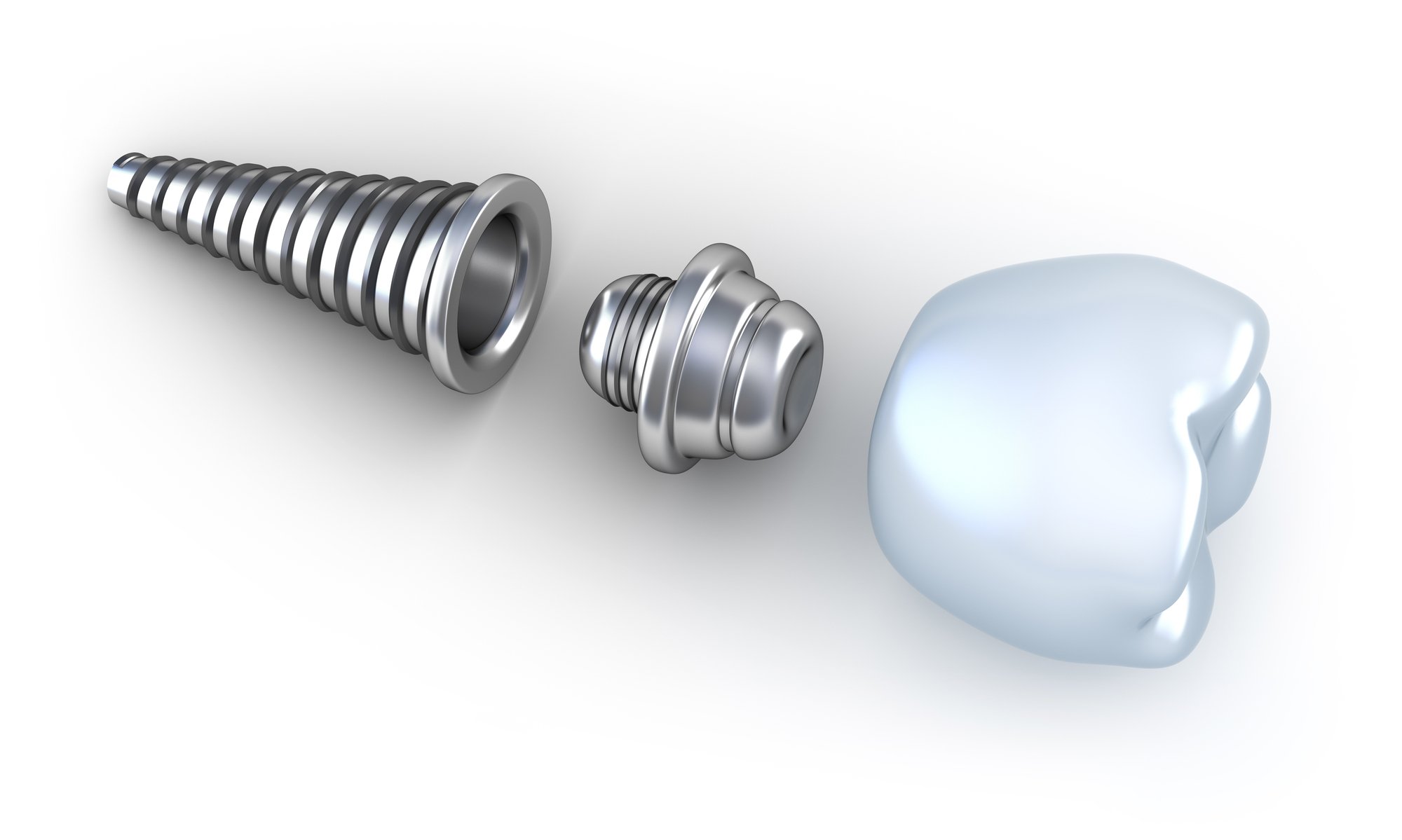
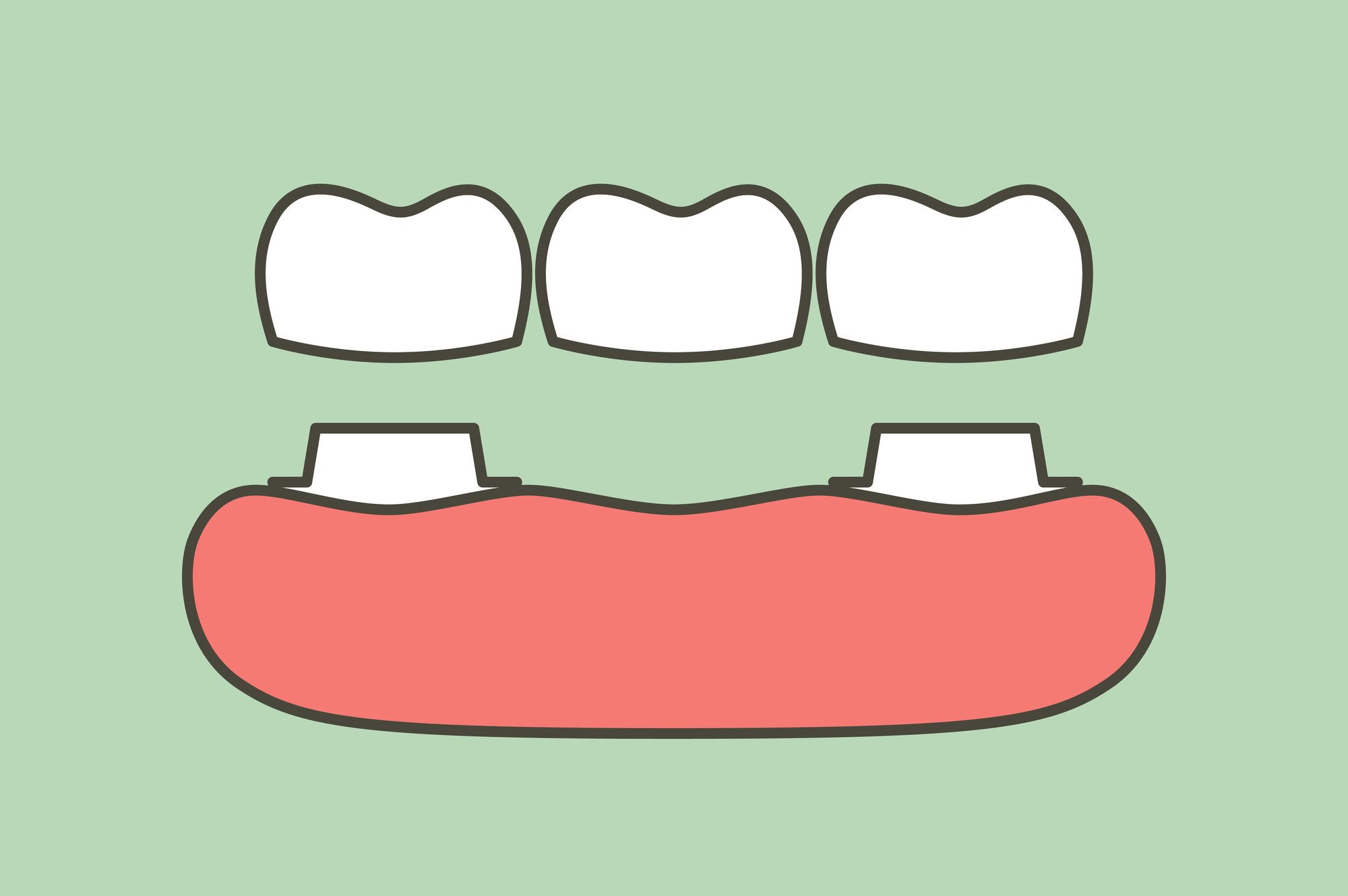

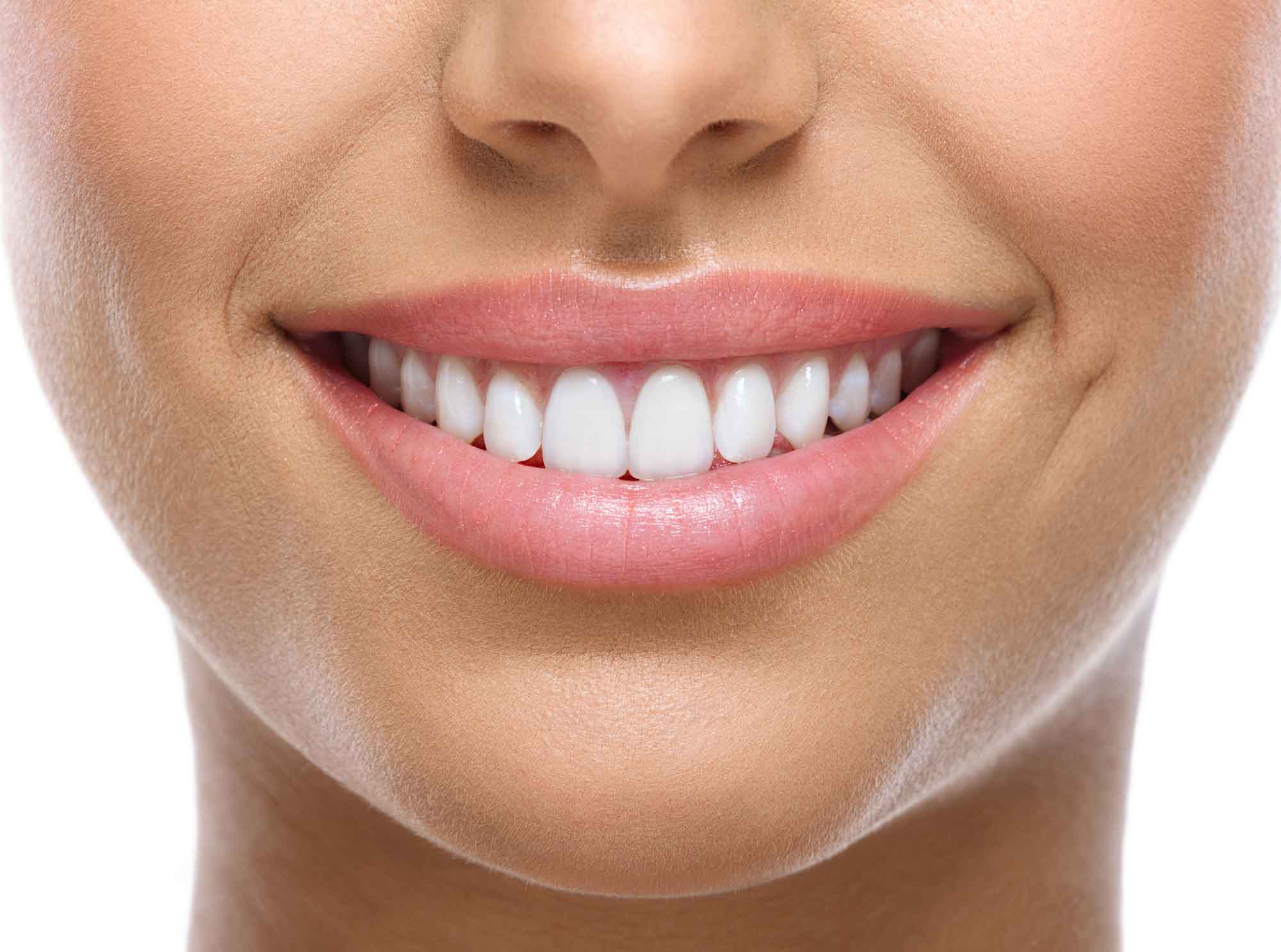
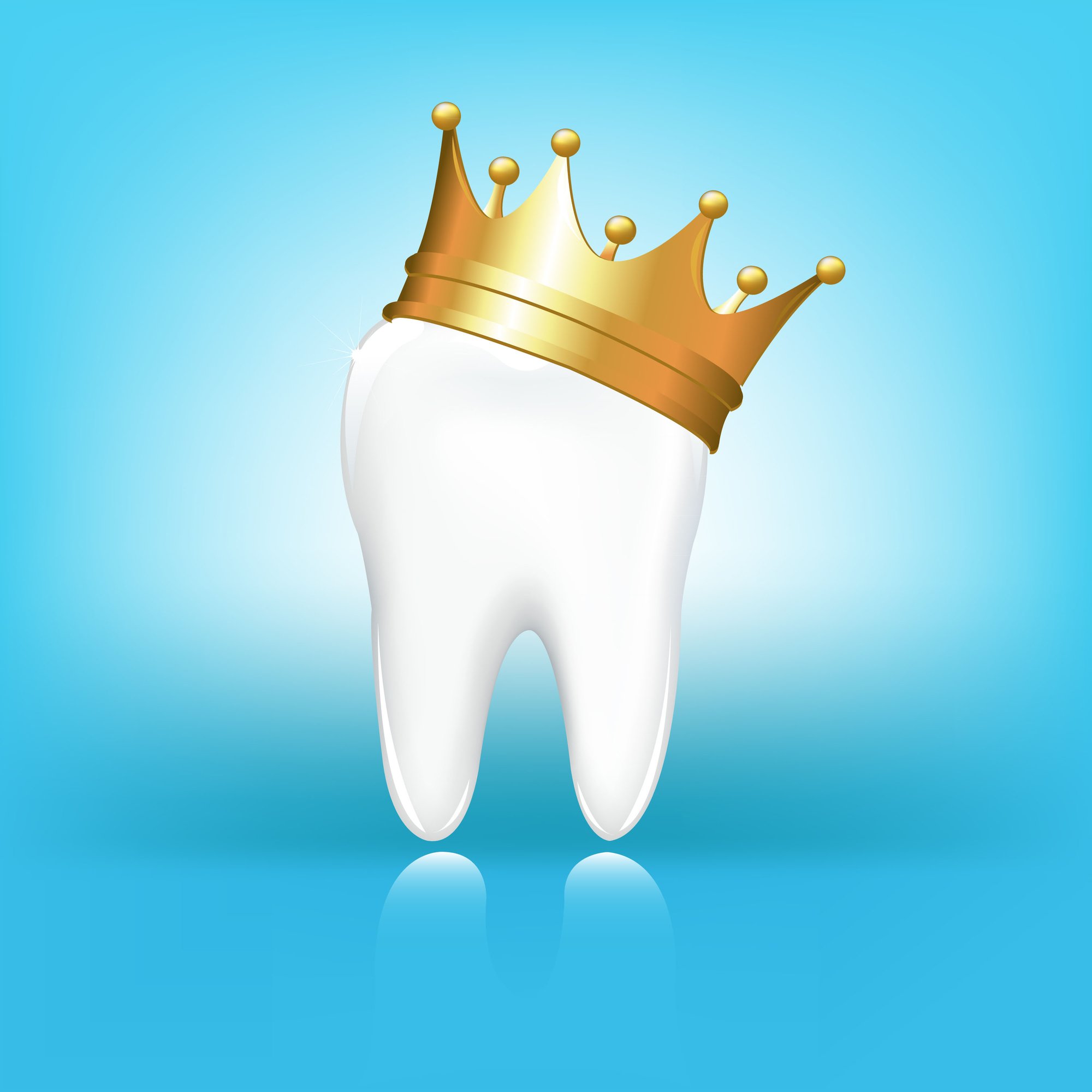
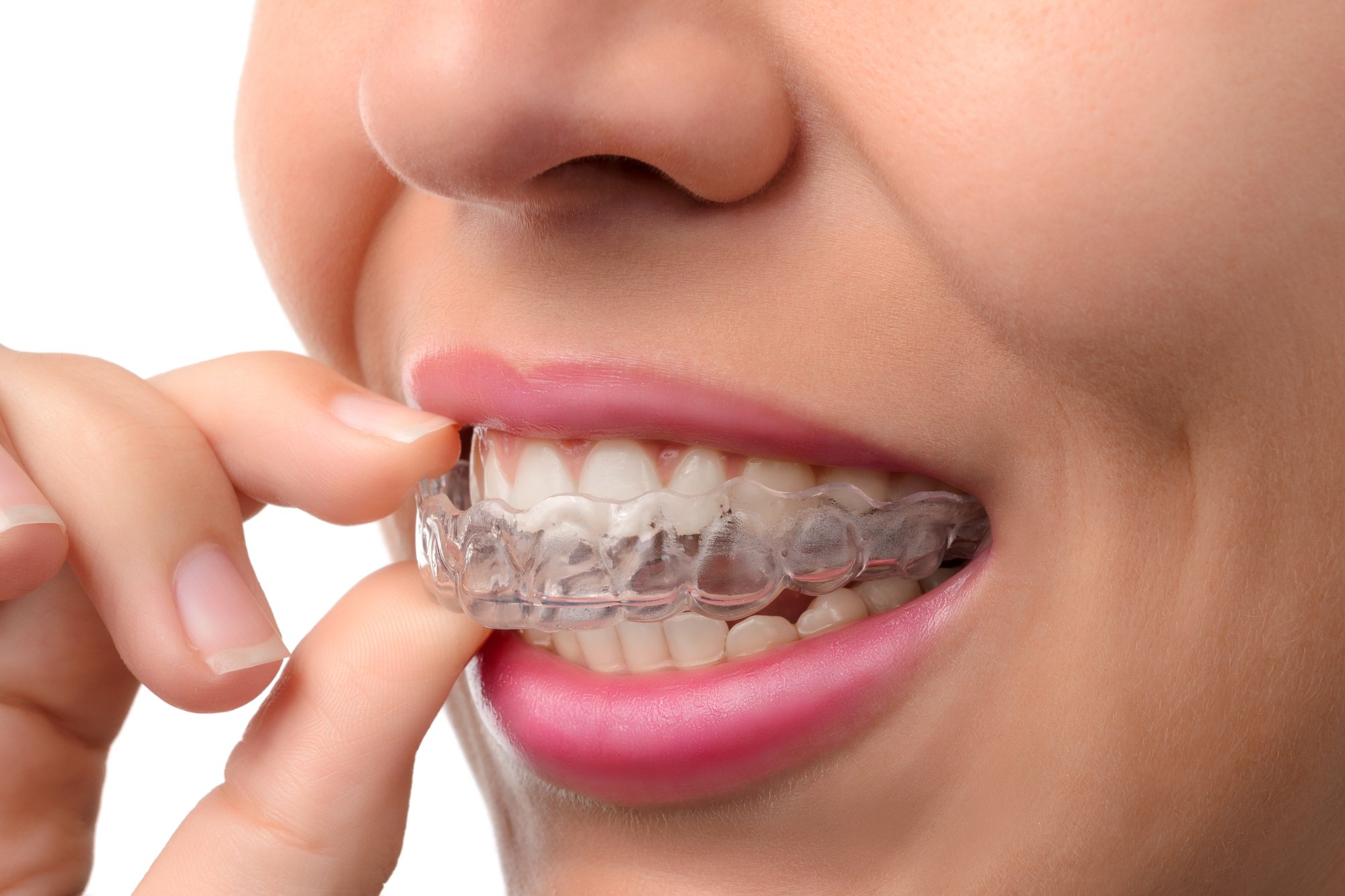

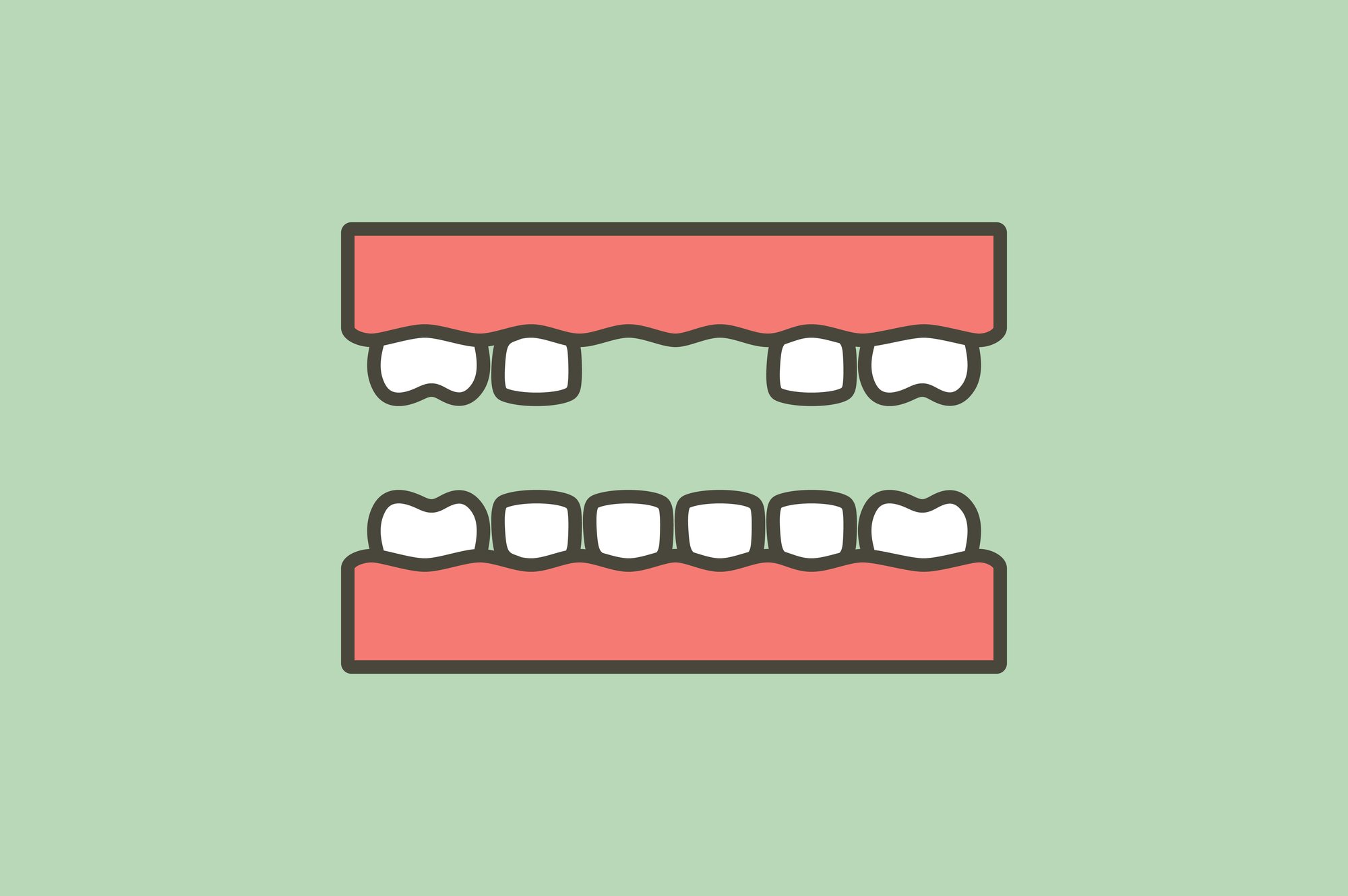


Recent Comments